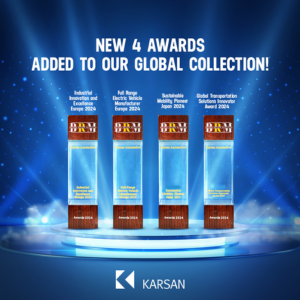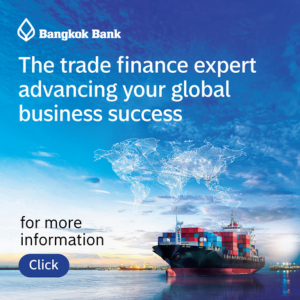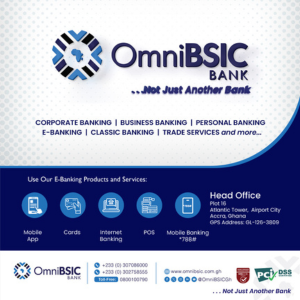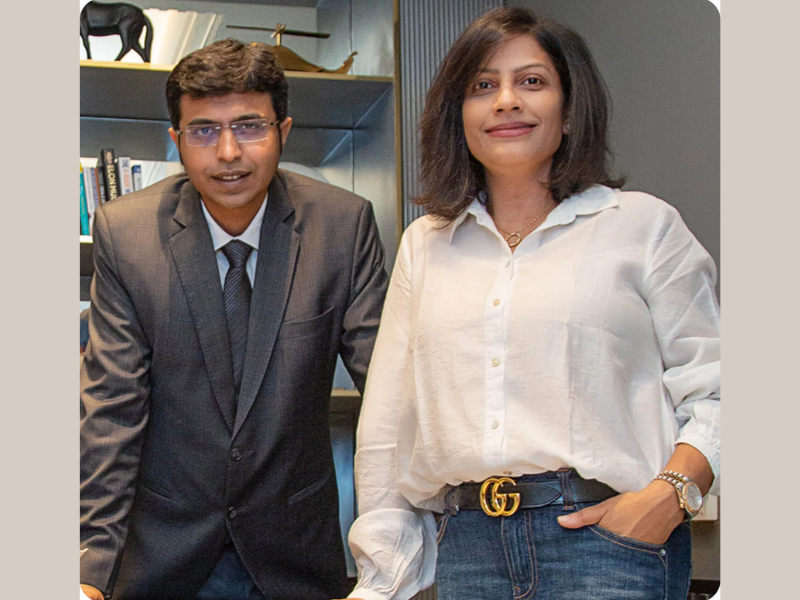Ethical lending is emerging as a powerful financial trend across the Gulf Cooperation Council (GCC), reshaping the relationship between capital providers and businesses. As investors shift away from purely profit-driven strategies, there is growing interest in opportunities that align with both financial and ethical objectives. In particular, peer-to-peer (P2P) lending platforms have introduced a new way to invest in SME financing without going through conventional banks, creating a direct link between socially conscious investors and underserved businesses.
In this new financial landscape, the lines between profit, purpose, and impact are no longer separate—they are deeply interconnected. Investors are looking for ways to support economic development, encourage responsible lending, and still generate competitive returns on their capital.
.
Redefining Investment Values in the GCC
Across the Gulf, especially in Saudi Arabia and the United Arab Emirates, younger and more digitally connected investors are redefining what it means to grow wealth. Instead of simply aiming for capital gains, these investors are also evaluating the how and where of their investment strategies. This shift has paved the way for interest in ethical finance, which encompasses Islamic financial principles, sustainability, and fairness.
Ethical lending operates on principles that closely align with the values of many GCC investors, especially those seeking to adhere to Shariah guidelines. These principles prohibit interest (riba), discourage speculative transactions (gharar), and encourage asset-backed or profit-sharing structures that promote mutual benefit. In doing so, they create a more transparent and equitable financial system that appeals to investors who care about the impact of their money.
.
The Role of Peer-to-Peer Lending in Ethical Finance
Peer-to-peer lending platforms are one of the most effective vehicles for ethical finance in today’s market. These platforms allow individuals to lend money directly to small and medium-sized enterprises (SMEs), bypassing traditional financial institutions. For investors, it offers access to a real-economy asset class that is typically unavailable through banks or stock exchanges.
By choosing to invest in SME financing through P2P platforms, individuals can directly support businesses operating in critical industries such as healthcare, logistics, agriculture, technology, and education. These sectors are often underfinanced yet vital for economic resilience and diversification—two core themes in national development plans across the GCC.
The direct nature of peer-to-peer lending enhances the ethical component of the transaction. Investors can see where their money is going, review the borrower’s profile, understand the repayment terms, and assess the potential risks involved. This level of transparency supports a more informed, intentional approach to investment.
.
Driving Economic Inclusion Through SME Lending
One of the most important outcomes of ethical lending is its ability to bridge the financing gap for SMEs. Despite making up over 90% of registered businesses in many GCC countries, small and medium-sized enterprises often struggle to obtain financing through traditional channels. Banks may require excessive collateral, long approval times, or high interest rates that are simply out of reach for smaller companies.
P2P lending platforms have filled this gap by offering collateral-free, quicker, and more accessible funding options. From the investor’s side, this opens the door to participate in meaningful financial inclusion while earning a return. Rather than placing capital in speculative stocks or non-transparent funds, investors can allocate resources toward businesses that are growing local economies and creating employment.
As governments across the GCC aim to increase the contribution of SMEs to GDP, ethical lending becomes not only an investment strategy but a national development tool. Investors who participate in this space can position themselves as enablers of sustainable growth and long-term value creation.
.
Aligning Financial Returns with Social Impact
Modern investors, particularly those under 40, increasingly prioritize outcomes beyond personal financial gain. This group is highly attuned to issues like environmental sustainability, ethical governance, and inclusive growth. Ethical lending gives them an avenue to express these values without abandoning the pursuit of strong returns.
Many peer-to-peer lending platforms offer risk-adjusted returns ranging from 8% to 15% annually. These figures are comparable to, or even higher than, traditional fixed-income products or dividend-yielding stocks—without exposure to the volatility of equity markets. Moreover, the return is backed by real business activities with clear repayment schedules and verified cash flow structures.
This form of investment proves particularly attractive to those who want to invest in the Gulf region while steering clear of interest-based mechanisms. For these investors, ethical lending offers a way to generate halal income, comply with personal beliefs, and engage in capital allocation that actively supports entrepreneurship and real production.
–
Technology and Transparency as Key Enablers
A defining feature of peer-to-peer lending is the use of digital platforms to enhance efficiency and trust. Through online interfaces, investors can browse available lending opportunities, analyze risk profiles, and monitor returns in real time. This digital-first approach reduces friction in the funding process while increasing transparency for all parties involved.
Unlike traditional banking or private equity investment, P2P lending offers low entry barriers, often allowing individuals to begin with relatively small amounts. This democratizes access to investment opportunities and broadens financial participation across socioeconomic groups.
Furthermore, digital platforms allow for diversification. Investors can allocate capital across multiple SMEs in different sectors and geographies, reducing the impact of any single default and enhancing overall portfolio performance. The ability to spread risk while maintaining visibility into each investment is one of the key reasons why modern investors are turning to ethical P2P lending as a viable component of their investment strategy.
.
Regulatory Support and the Rise of Fintech
Regulatory authorities in the GCC are increasingly embracing fintech innovation, recognizing its role in deepening capital markets, supporting financial inclusion, and attracting foreign investment. Regulatory sandboxes in Saudi Arabia, the UAE, Bahrain, and other member states have created controlled environments where new lending models can be tested and scaled responsibly.
This support ensures that peer-to-peer lending platforms operate within frameworks that protect both borrowers and investors. For the modern investor, this means greater confidence in the integrity and sustainability of ethical lending as an asset class.
As financial ecosystems evolve, regulatory clarity and institutional support will likely strengthen ethical lending further, allowing it to become a more significant channel in SME funding.
.
Cultural Relevance and Regional Demand
In the GCC, where Islamic values are deeply rooted in both business and society, ethical lending resonates beyond just financial logic—it is culturally and spiritually aligned. Investors in the region are drawn to financial instruments that not only avoid interest but also encourage justice, transparency, and real economic contribution.
This alignment is especially important in the post-pandemic era, where both investors and businesses are seeking models of resilience and responsibility. Ethical lending, by emphasizing shared benefit and mutual accountability, offers a natural fit for the cultural and economic aspirations of the region.
As awareness grows, and as success stories continue to emerge, ethical peer-to-peer lending is poised to become a central pillar in how individuals choose to invest in SME financing, unlocking new pathways for inclusive and sustainable prosperity.
.
Article received on email.





















